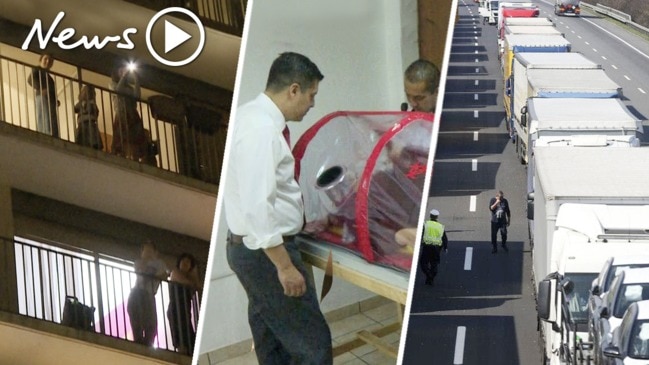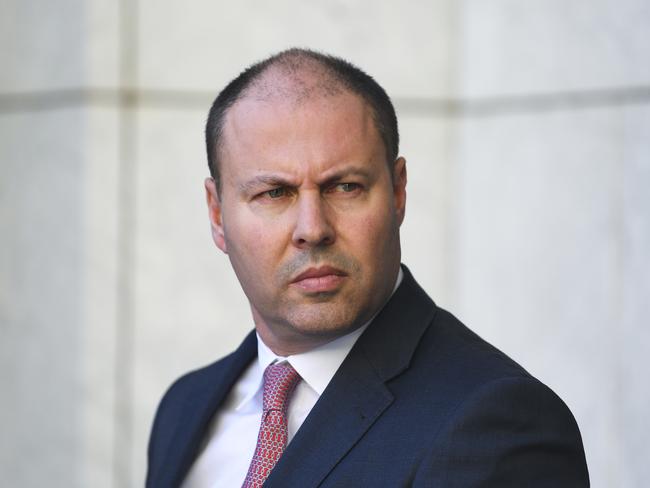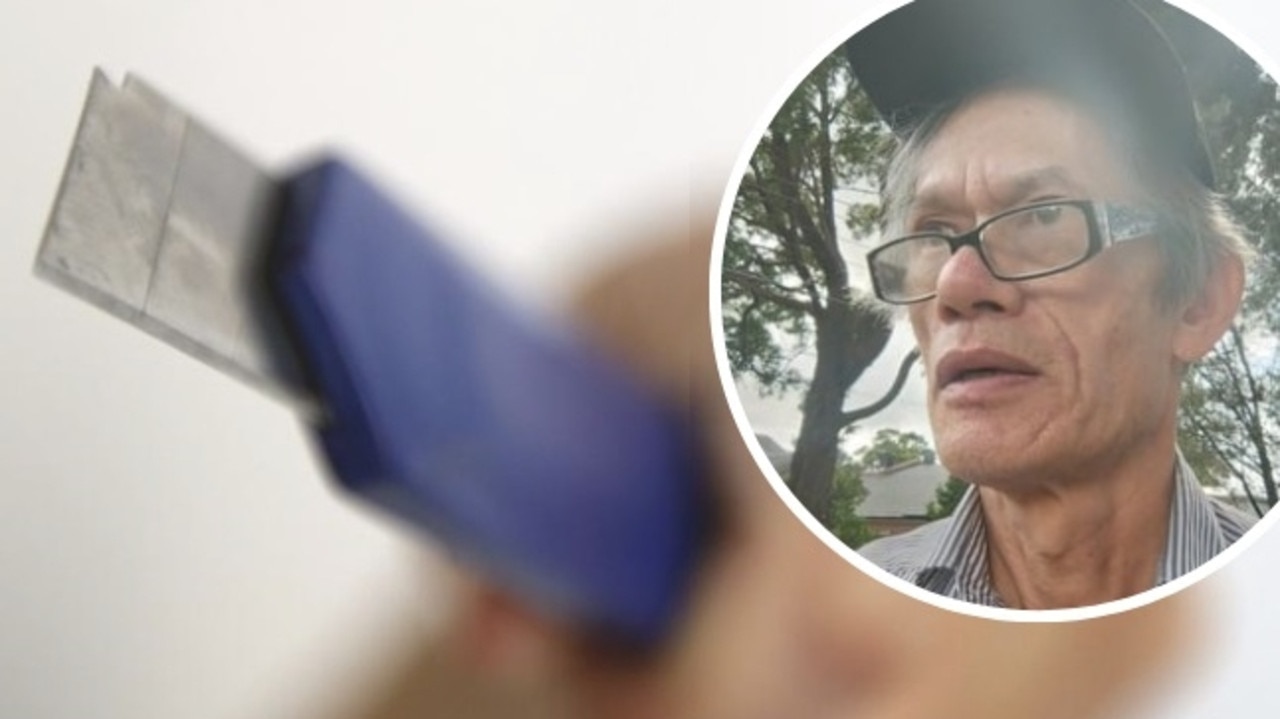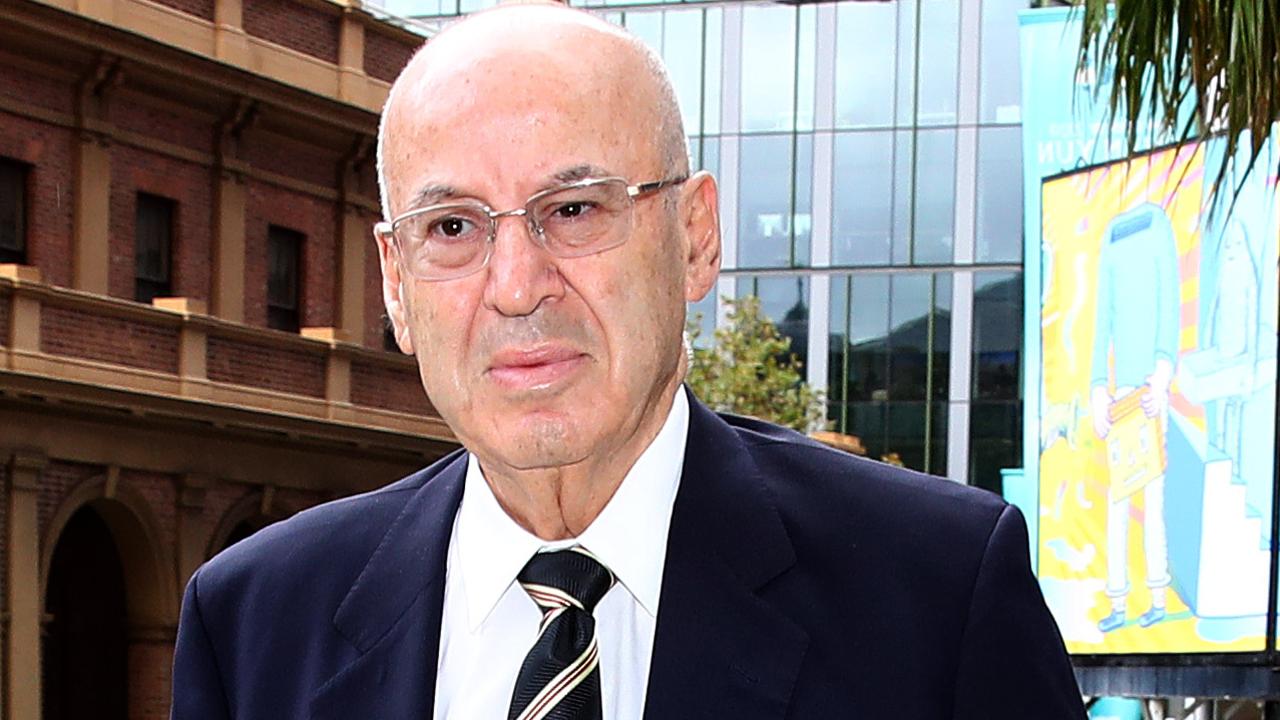Government and RBA unite to save homes of virus-induced jobless
The federal government has joined with the Reserve Bank to fire a ‘$105 billion bazooka’ into the business borrowing market and prevent foreclosures on mortgagees who lose their jobs as a result of the coronavirus crisis.

NSW
Don't miss out on the headlines from NSW. Followed categories will be added to My News.
- There’s hope: China reports no new COVID-19 cases
- PM closes borders to non-Australian residents
- Thirty-one guests infected at Jimmy Niggles' wedding
Banking changes to prevent the newly jobless losing their homes will be introduced after the federal government joined with the Reserve Bank to fire a “$105 billion bazooka” into the business borrowing market.
Prime Minister Scott Morrison said the government was working with banks to prevent foreclosures on customers who lost their jobs as a result of the coronavirus crisis.

Banking regulator APRA is letting major lenders eat into their capital buffers if it means people aren’t turfed out of their homes.
The PM added that temporary income support measures for laid-off workers would be part of a second round of government stimulus.
“We want to cushion the blow,” Mr Morrison said on Thursday night.
It’s believed that existing dole requirements, such as applying for jobs and attending relevant training, could be waived.
In a new bid to limit the economic and financial fallout, the RBA will provide big lenders with $90 billion of super-cheap money for loans to struggling small and medium enterprises (SMEs).
MORE NEWS
Ex-tennis prodigy’s cocaine driving shame
Warriors on verge of quitting NRL season
‘Wickedly negligent’ parents slammed over baby left in car
The RBA will also drive down the cost of bonds used to fund loans as part of a plan that sees the nation’s benchmark interest rate slashed to the lowest level possible.
Meanwhile the federal government will make a further $15 billion available to SMEs via smaller banks and other lenders.
“We have fired a $105 billion bazooka,” Treasurer Josh Frydenberg told The Daily Telegraph.
St George Bank chief economist Besa Deda said that “the various elements of this package reinforce one another and will help to lower funding costs across the economy and support the provision of credit, especially to businesses”.
There was an immediate response to the moves, with the nation’s biggest bank, CBA, cutting 1 per cent from business borrowing charges.
It also lifted its 12-month term deposit rate by 60 basis points.
“These are unprecedented times, and they call for unprecedented measures,” CommBank boss Matt Comyn said.
“We want to ensure that we help keep small businesses open so that they can keep Australians employed, and that we do everything we can to support households and older Australians.”
CBA also cut some fixed mortgage rates for new loans by 0.7 per cent.
But variable home loan rates were left untouched in the belief that customers would pocket rather than spend the saving.

So, in what CBA said was an attempt to bolster millions of households’ cashflow, it will instead automatically reduce all variable rate customers’ repayments to the minimum.
That will release $3.6 billion, CBA said.
After the RBA yesterday reduced its cash rate from 0.5 per cent to the lowest possible level of 0.25 per cent, Governor Philip Lowe said there would be no increase for at least three years.
And its vow to lower the key three-year bond rate had an immediate impact, producing a fall from 0.59 per cent to 0.35 per cent within half an hour.
Dr Lowe said the RBA was “prepared to transact in whatever quantities are needed” to get that rate down to 0.25 per cent and keep it there.
Australia was facing a “very serious situation” but would come through it, he said.
“At some point the virus will be contained and our economy and our financial markets will recover, and things will return to normal,” Dr Lowe said.
In the meantime the RBA was trying to provide low funding costs right across the economy, with a particular focus on SMEs.
“This is a priority issue for us,” he said. “Many small businesses are going to find coming months very difficult as their sales dry up and they support their staff.”
Deutsche Bank chief economist Phil O’Donaghoe said the RBA had delivered “the maximum possible effective stimulus to the Australian economy in the face of the unprecedented virus shock”.
CommSec chief economist Craig James said “maximum firepower” had been brought to bear.
It comes as the national coronavirus cabinet meets today to bolster social distancing rules, considering medical advice to limit indoor venues to one person per four square metres.



